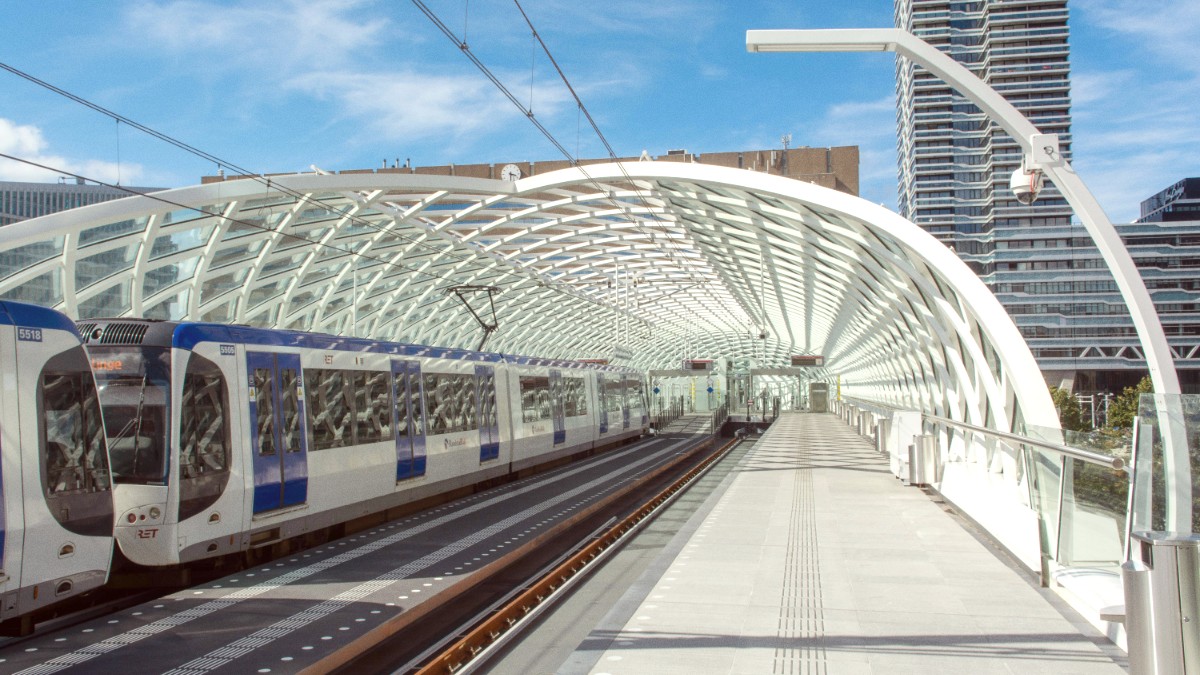
The Randstad, The Netherlands
Dune areas like Meijendel are protected nature reserves, for biodiversity and water management. Stay on marked paths.
The Netherlands features efficient waste sorting. Look for separate bins for paper, plastic, and organic waste.
Tap water is safe and sustainable to drink. Use a reusable bottle to minimize plastic waste.
Engaging respectfully with local culture enriches your travel and supports community preservation.
Polite and direct communication is customary. Be mindful of personal space and public noise levels.
Maintain respectful attire and demeanor when visiting churches or other sacred places, specifically during services.
Seek out accommodations and tour operators that prioritize environmental responsibility.
Look for fair trade coffee and chocolate in local stores.
The Rainforest Site supports conservationPurchase souvenirs from local artisans to support direct producers.
Choose local businesses, respect cultural norms, and consider your environmental footprint to contribute positively to Den Haag.
Responsible tourism positively impacts the local economy and community in Den Haag.
Dine at local restaurants and shop at independent boutiques to directly benefit the community.
Seek out products that guarantee fair wages and ethical production practices.
Thoughtful tourism minimizes negative effects on the environment and community.
Do not partake in activities that exploit animals or individuals.
Consider visiting during less crowded times or exploring less-frequented areas.
Donate to established local charities rather than direct giving to beggars.
Your choices as a traveler hold consequences. Opt for activities that respect local welfare and ecological balance. Avoid supporting any practices that exploit human beings or animals, or degrade the environment.
Embrace practices that nurture Den Haag's environment and economy, leaving a positive footprint.